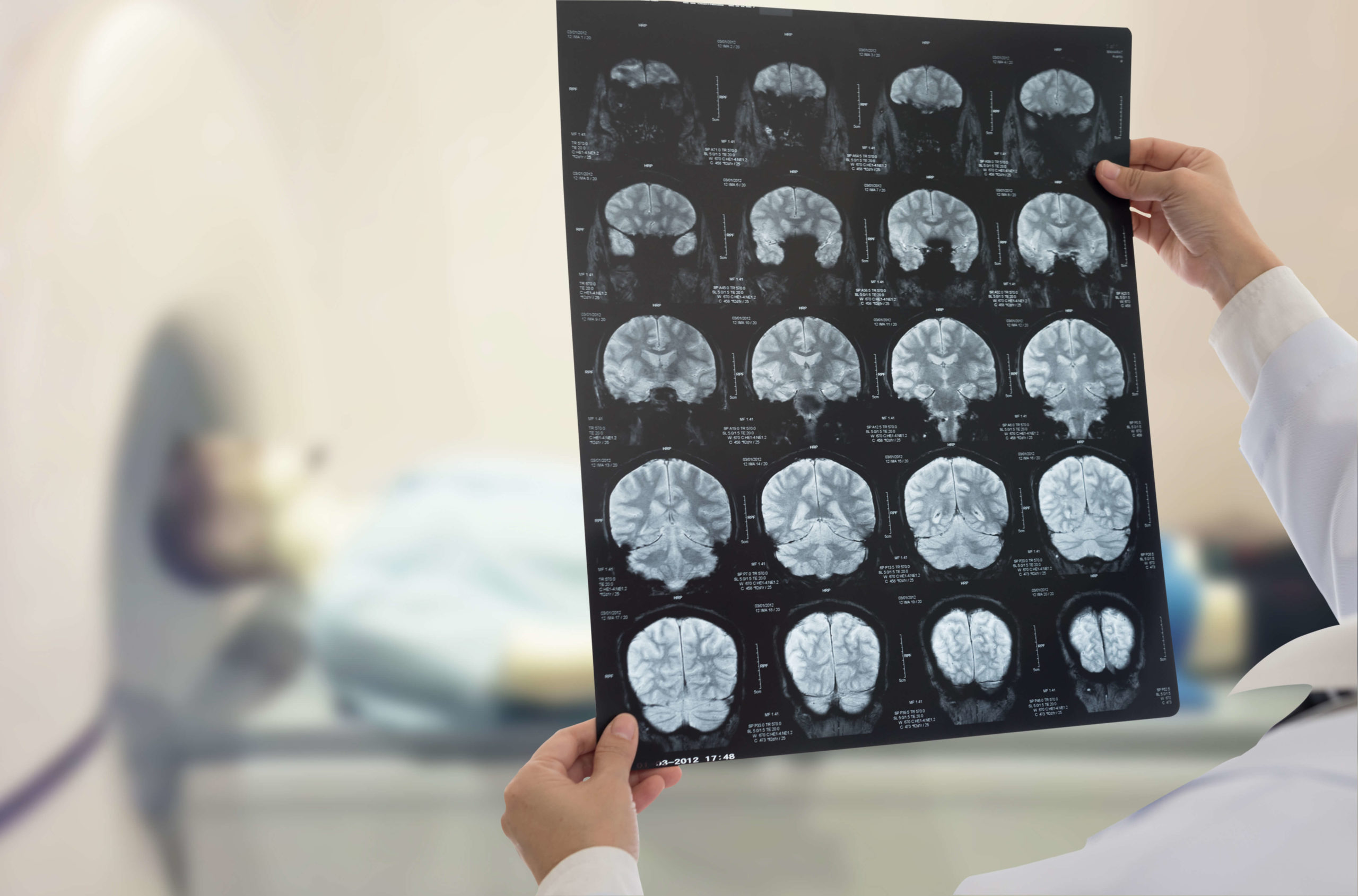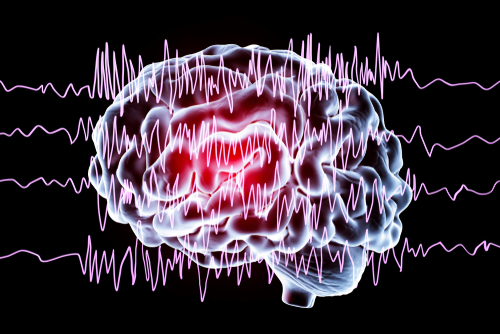An acquired brain injury (ABI) is colloquially used as an umbrella term for all brain injuries. It represents injury to the brain that is not hereditary, degenerative, congenital, or induced by birth trauma. There are two subcategories of acquired brain injuries, which are non-traumatic and traumatic. The Brain Injury Association of America defines a traumatic brain injury (TBI) as “an alteration in brain function, or other evidence of brain pathology, caused by an external force.” The Lavaca Medical Center explains that, unlike TBIs, non-traumatic brain injuries (nTBI) are not caused by physical trauma to the head; rather nTBIs occur when an internal force has damaged the brain. The two types of ABIs share many similarities and one primary difference.
ABI Symptoms
The wide-ranging symptoms that could manifest as a result of an acquired brain injury, regardless of the type, can vary in severity and duration. Common ABI symptoms could include, but are not limited to, any combination of the following examples, as provided by the Mayo Clinic:
- Visual and/ or auditory sensitivity
- Nausea
- Headache
- Vomiting
- Dizziness
- Slurred speech
- Fatigue
- Blurred vision
- Loss of consciousness
- Clear fluids draining from the ears and/ or nose
- Convulsions and/ or seizures
- Inability to awaken from sleep
- Dilation of one or both pupils
- Loss of coordination
- Weakness or numbness in fingers and/ or toes
- Agitation
The above are examples of symptoms that could present in individuals that have experienced either type of acquired brain injury (e.g. TBI or nTBI).
The Difference Between TBIs and nTBIs
There are several distinct differences between non-traumatic and traumatic brain injuries. However, the primary difference between the two is the precipitating cause of the acquired brain injury:
- Traumatic brain injuries could be caused by examples such as:
- Assaults
- Sports injuries
- Falls
- Motor vehicle accidents
- Non-traumatic brain injuries could be caused by examples such as:
- Aneurysm
- Near-drowning
- Tumor
- Stroke
- Lack of oxygen supply to the brain
- Infectious disease that affects the brain
- Electric shock
- Drug overdose
There are many treatment options for individuals that have experienced an acquired brain injury. One’s treatment plan will be heavily informed by the diagnosed ABI subcategory (e.g. TBI or nTBI), the severity of one’s injury (e.g. classified as mild or moderate to severe), and the nuanced needs of the individual.
For Information and Support
If you are concerned for yourself or a loved one in regards to substance abuse and/ or addiction we recommend reaching out for help as soon as possible. If left untreated, substance abuse can result in long-lasting and potentially life-threatening consequences. Keep in mind: you are not alone! There is an entire network of professionals that are available to help and support you and your loved one throughout the recovery process. The earlier you seek support, the sooner your loved one can return to a happy, healthy, and fulfilling life.
Please do not hesitate to reach out with any questions regarding our specific program at Haven House Addiction Treatment and/ or general substance abuse and/ or addiction treatment-related information. Our highly trained staff is readily available to discuss how we might best be able to help you and your loved one. We can be reached by phone at 424-258-6792. You are also welcome to contact anytime us via email at admissions@hhtxc.com.



